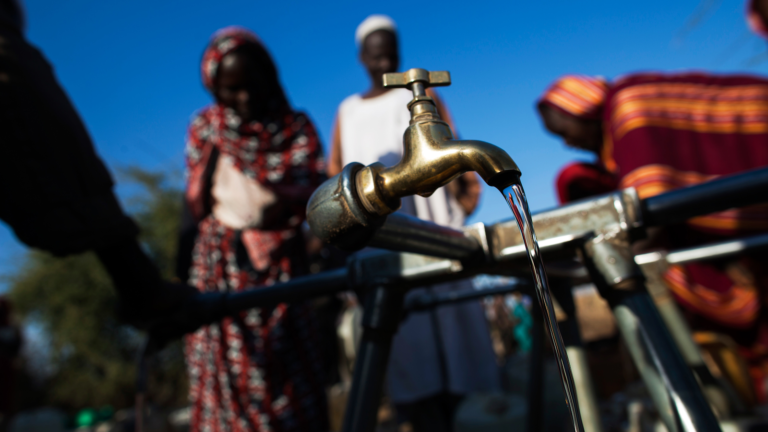The supply of water, our most essential natural resource, will face shortages in the coming decades. Water was declared a human right by the UN in 2010. Therefore its accessibility should be ensured. In which way this will be done remains disputed.
The availability of water impacts our daily consumption, our sanitation habits and basically the supply of close to all our consumed goods. This makes it arguably the most important natural resource we have. However, the global water access will face increasing problems in the coming decades as our population is increasing as well as the supply of it might face shortcomings.
Faced with these problems, the question about who should own water has risen in recent decades. The right to water was declared a human right by the UN in 2010, however, this does not contradict the privatization of water which is discussed as a possible solution to ensure and improve the access to water by the people. Arguments in favor are that the privatization is helpful in ensuring and improving infrastructural necessities. Catarina de Albuquerque, the former UN special rapporteur on the right to safe drinking water and sanitation, compares it with the provision of health and food, which people pay for and are classified as human rights. She argues that it is solely important that people are not excluded.
The international water market is only dominated by few companies and situations are revealed repeatedly in which the water access of citizens are limited in favor of companies. In the coming decades, we will have to ensure that the access to water will be secured. Water, the most valuable natural resource we own, should not fall victim to economic profit seeking. Our guiding principle should be the assurance that every human as well as future generations, independent from the political situation of his or her country, should be able to have a safe access to water. The access of water by humans should be prioritized over the access by companies.


